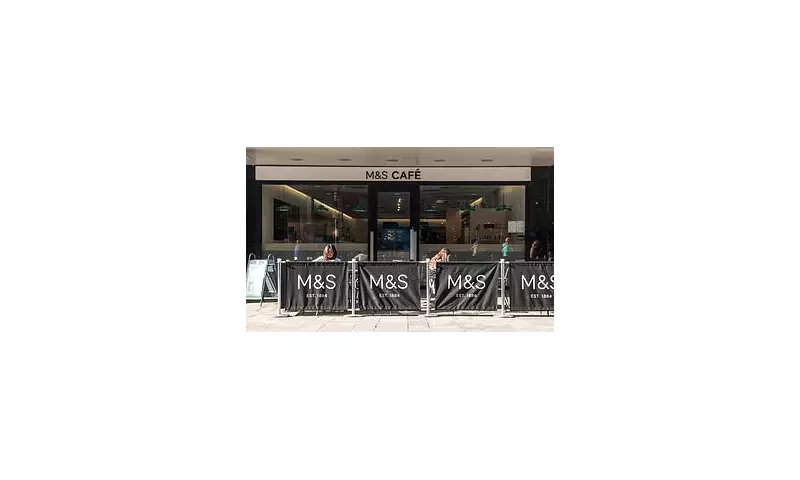
In a significant move that will reshape the British retail landscape, Marks & Spencer has revealed plans for a substantial restructuring that could see the closure of numerous in-store cafés and affect hundreds of store-based roles.
The retail giant, a cornerstone of UK high streets for over a century, is proposing to convert over 100 of its larger full-line stores to new foodhall formats. This transformation comes as part of M&S's ongoing efforts to adapt to changing consumer habits and strengthen its position in the competitive retail market.
What Changes Are Coming?
The proposed changes would see café facilities removed from approximately 50 stores where performance has been identified as weaker. Instead, these locations would focus entirely on M&S's successful Foodhall concept, which has shown strong growth in recent years.
Additionally, the company plans to introduce new "fill-in" food ranges across 40 stores, creating a more streamlined shopping experience for customers looking for quick grocery top-ups.
Impact on Jobs and Stores
While the exact number of potential job losses remains unclear, the restructuring is expected to affect hundreds of roles across M&S's store network. The company has emphasised its commitment to supporting affected colleagues through redeployment opportunities where possible.
An M&S spokesperson stated: "We're committed to supporting our colleagues through this period of change and will be consulting with those affected about our proposals."
Why Now?
This move represents the latest phase in M&S's "Never the Same Again" programme, a comprehensive restructuring initiative launched to future-proof the business. The company has been steadily transforming its store estate, having already closed 67 full-line stores and opened 104 new foodhalls in recent years.
The shift reflects changing customer preferences, with M&S noting that shoppers are increasingly choosing its Foodhall format over traditional café offerings. The company's food business has been a consistent strong performer, driving the strategic decision to double down on this successful area.
As consultation with affected employees begins, the retail industry watches closely to see how one of Britain's most beloved retailers will continue evolving to meet the demands of modern consumers.





